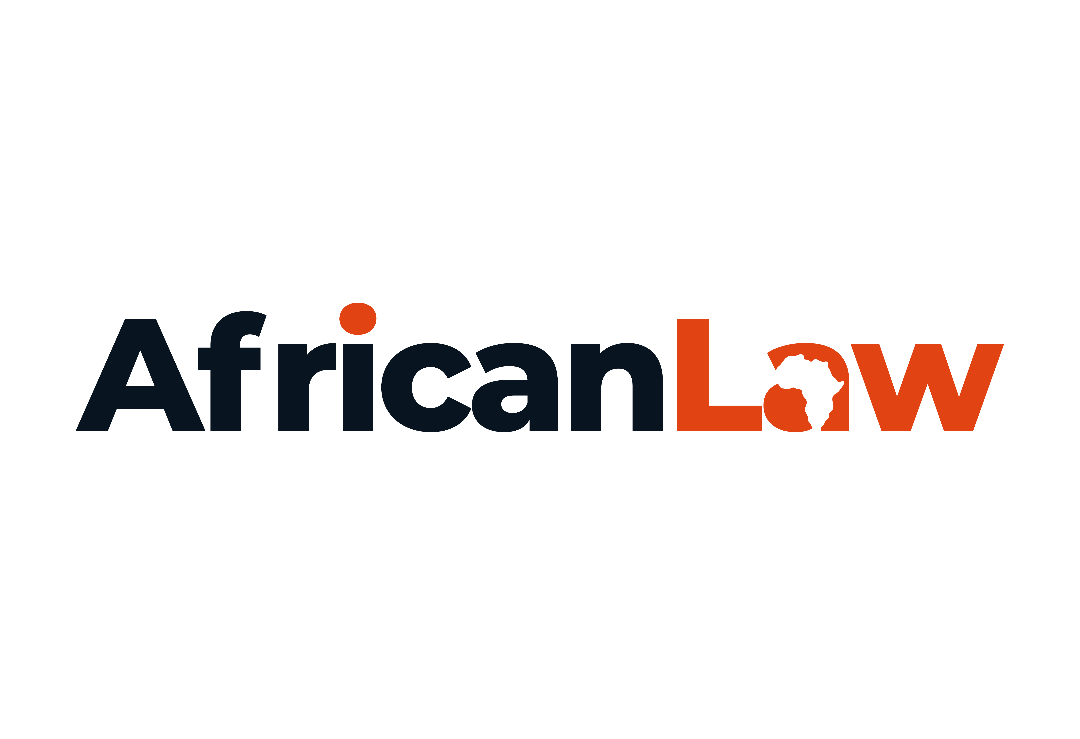Last month the World Intellectual Property Organization (WIPO) released the 14th edition of its Global Innovation Index (GII). This looks to bring together different indicators that can help governments and others understand how different countries are doing in promoting innovation, which is taken to be a key source of growth and progress towards wider development goals.
In this article we take a closer look at the performance of African countries, changes in ranking as it pertains to innovation in Africa.

GII 2021 V 2020 10 Most Innovative African economies. Source : WIPO

African Innovation Leaders
The top 10 rankings for innovation in African remain largely unchanged with the exception of Cape Verde rising to #89, up 11 points from #100 in 2020, effectively replacing Botswana which dropped 18 points to #106 in 2021. Similarly, Rwanda dropped 11 points from #92 in 2020 to #102 in 2021. Mauritius, South Africa, Kenya and Tanzania remain the continent's most innovative economies, remaining in the top 100 and having improved their performance over the past five years. Namibia entered the top 10 for the first time in 2021.
Sub-Saharan Africa is the region with the highest number of economies performing above expectations, namely, Kenya (85th), Namibia (100th), Malawi (107th), Madagascar (110th), Zimbabwe (113th) and Burkina Faso (115th).
Innovation Overperformers
The multi-level structure of the GII 2021, utilizes 7 main pillars(with 21 sub-pillars) to rank countries in a statistically sound and balanced manner. These are;
- Institutions - measures the measures the political and regulatory stability of a country, the effectiveness of its government as well as the ease of starting and doing business.
- Human capital and research - This index measures expenditure on education and R&D as a percentage of gross domestic product (GDP).
- Infrastructure - This index measures Information and communication technologies
- Market sophistication - This index measures ease of getting credit, domestic credit given to the private sector, investment deals, tariffs and market diversification.
- Business sophistication - This index measures foreign direct investment (FDI) net inflows, intellectual property payments as a percentage of total trade and joint venture deals.
- Knowledge and technology outputs - This index measures knowledge created by looking at patents, scientific and technical articles, high-tech manufacturing and knowledge diffusion by looking at production and export complexity.
- Creative outputs - This index measures intangible assets (trademarks, global brand value) and creative and cultural services exports as a percentage of total trade.
Among these pillars, the region performs best within the "Institutions'' pillar, ranking above the average of other regions in the world like Central and Southern Asia. Mauritius & South Africa each lead the region in three pillars. Mauritius ranks the highest among Institutions (21st),Infrastructure (65th) and Creative outputs (31st) and South Africa comes out on top in Market sophistication (23rd), Business sophistication (51st) and Knowledge and technology outputs (61st).
Tunisia ranks the highest (35th) in the "Human capital and research" pillar.
In 2021, eight (8) countries are listed as innovation achievers. These are Kenya, Malawi, Rwanda, Madagascar, South Africa, Morocco,Tunisia and the United Republic of Tanzania. Kenya has been listed as an innovation achiever for the past 11 years. Five economies ( Angola, Benin, Côte d’Ivoire, Cameroon and Nigeria ) are performing below expectations for their level of development.

Innovation Ecosystems
Innovation leaders have balanced and high-performing innovation systems. Priorities like expanding investment in in R&D, and incentivizing venture capital and R&D in the private sector and the diffusion of existing technologies that support the creation of new firms and employment in "markets of tomorrow'', help revive economies and allow them to compete on a global scale. However translating these into innovation outputs is not an easy feat.
The United Republic of Tanzania (90th), among the lower middle-income group economies, performs on innovation outputs at levels comparable to high-income Latin American economies. Other sub-Saharan Africa economies Malawi (107th), Madagascar (110th), Ethiopia (126th) and Guinea (130th) are also efficiently transforming their limited innovation inputs and resources into innovation outputs.
Conclusion
Although the COVID-19 pandemic dealt a huge blow to all economies across the world, the current GII 2021 findings show that governments and organisations in most economies increased their investments towards innovation. The current GII revealed that scientific output, expenditures in research and development (R&D), intellectual property filings and venture capital (VC) deals continued to grow in 2021. However, this was not the case for most African countries as more investment still needs to be dedicated to R&D, this is especially true when one looks at the lessons that Covid-19 brought about for the continent around the vaccine.
For more details and to download the GII 2021 report click here.

















